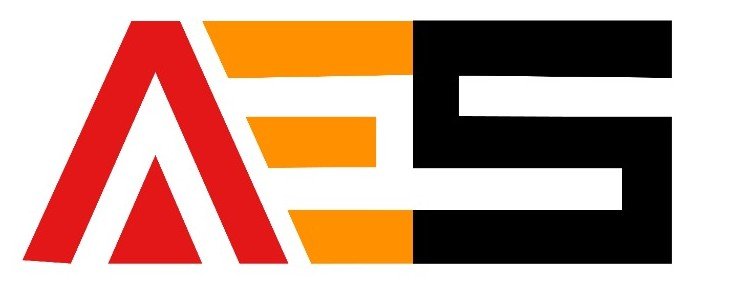Providing personal and professional development is essential for building high functioning teams
In today's fast-paced business world, the strength of an organisation lies not only in its strategic plans or advanced technologies but in its people. High-functioning teams are the lifeblood of any successful organisation, directly contributing to both profitability and long-term sustainability. But what makes a team function at a high level? The answer often starts with the individuals that make up the team—more specifically, their personal and professional development.
The Importance of Individual Development
The maturity, emotional intelligence and personal growth of each team member are the building blocks for a cohesive and effective team. A team can only function as well as the people within it. When individuals are personally and professionally developed, they are more self-aware, emotionally regulated and motivated. These qualities are critical for collaboration, communication and problem-solving—all pillars of a high-performing team.
Emotional Intelligence (EI) plays a crucial role in this context. Team members who have a high degree of EI are better equipped to handle stress, navigate interpersonal conflicts and empathise with their colleagues. This, in turn, reduces friction and improves teamwork. People with a strong sense of self-awareness and emotional control bring stability to the group, creating an environment where collaboration thrives.
Moreover, individuals with a growth mindset and continuous learning habits contribute innovative ideas and adapt quickly to changes, leading to greater agility within the team. Professional development programs that enhance leadership skills, time management and critical thinking empower employees to take initiative and contribute meaningfully, fostering a more dynamic and engaged team culture.
The Ripple Effect on Team Functionality
When we invest in individuals personal and professional growth, the benefits ripple outward, affecting the entire team.
Improved Communication
Personal development often involves improving communication skills, which are vital in any team. Team members who can clearly articulate their thoughts and actively listen to others prevent misunderstandings and misalignment, leading to smoother collaboration.
Increased Trust and Psychological Safety
High-functioning teams are built on trust. Individuals who have worked on their emotional intelligence and maturity are better at building trust within the team by showing consistency, empathy and reliability. This creates a psychologically safe space where team members feel comfortable sharing ideas, providing feedback and admitting mistakes without fear of judgment.
Enhanced Problem-Solving Abilities
When individuals grow professionally, they bring new skills and perspectives to the table. This diversity of thought is invaluable in tackling complex challenges, as it allows the team to approach problems from various angles. A well-developed team member can also act as a mentor, helping others improve their problem-solving skills, thus elevating the team’s overall capacity.
Better Conflict Resolution
In any team, conflicts are inevitable. But personal maturity and emotional intelligence allow individuals to handle disagreements constructively rather than letting them fester or escalate. Mature team members can diffuse tense situations, keep discussions productive and ensure that conflicts lead to growth rather than division.
High-Functioning Teams Drive Organisational Success
The positive outcomes of personal and professional development feed directly into the success of the organisation. A high-functioning team is not just more pleasant to work in—it is also more efficient, creative and aligned with the organisations goals.
Higher Productivity
Teams that communicate well, trust each other and can resolve conflicts efficiently are naturally more productive. They spend less time dealing with internal issues and more time focused on achieving goals. This enhanced productivity translates directly into profitability, as projects are completed more quickly and with higher quality.
Innovation and Agility
High-functioning teams are more likely to innovate because they create a safe space for creativity and experimentation. Organisations that foster such teams can adapt more quickly to market changes and capitalise on new opportunities, giving them a competitive edge.
Employee Retention and Satisfaction
Employees who are part of high-functioning teams are more likely to feel fulfilled and valued in their roles, leading to higher job satisfaction and lower turnover. Given the high costs associated with recruiting and training new talent, retaining top performers is a significant advantage for any organisation.
Stronger Leadership Pipeline
When individuals within teams are committed to personal and professional growth, they naturally become better leaders. This creates a robust leadership pipeline for the organisation, ensuring that the next generation of leaders is well-prepared to take the organisation forward.
For organisations aiming to build high-functioning teams, investing in the personal and professional development of each team member should be a priority. Organisations that neglect the individual growth of their employees may find themselves with teams that are misaligned, stagnant and unproductive. A high-functioning team is only as strong as the individuals who comprise it. Personal and professional development are key to ensuring that each team member contributes their best, creating a synergistic environment where the whole is greater than the sum of its parts. Organisations that understand this dynamic can foster teams that not only achieve success but also drive long-term profitability and sustainable growth.

